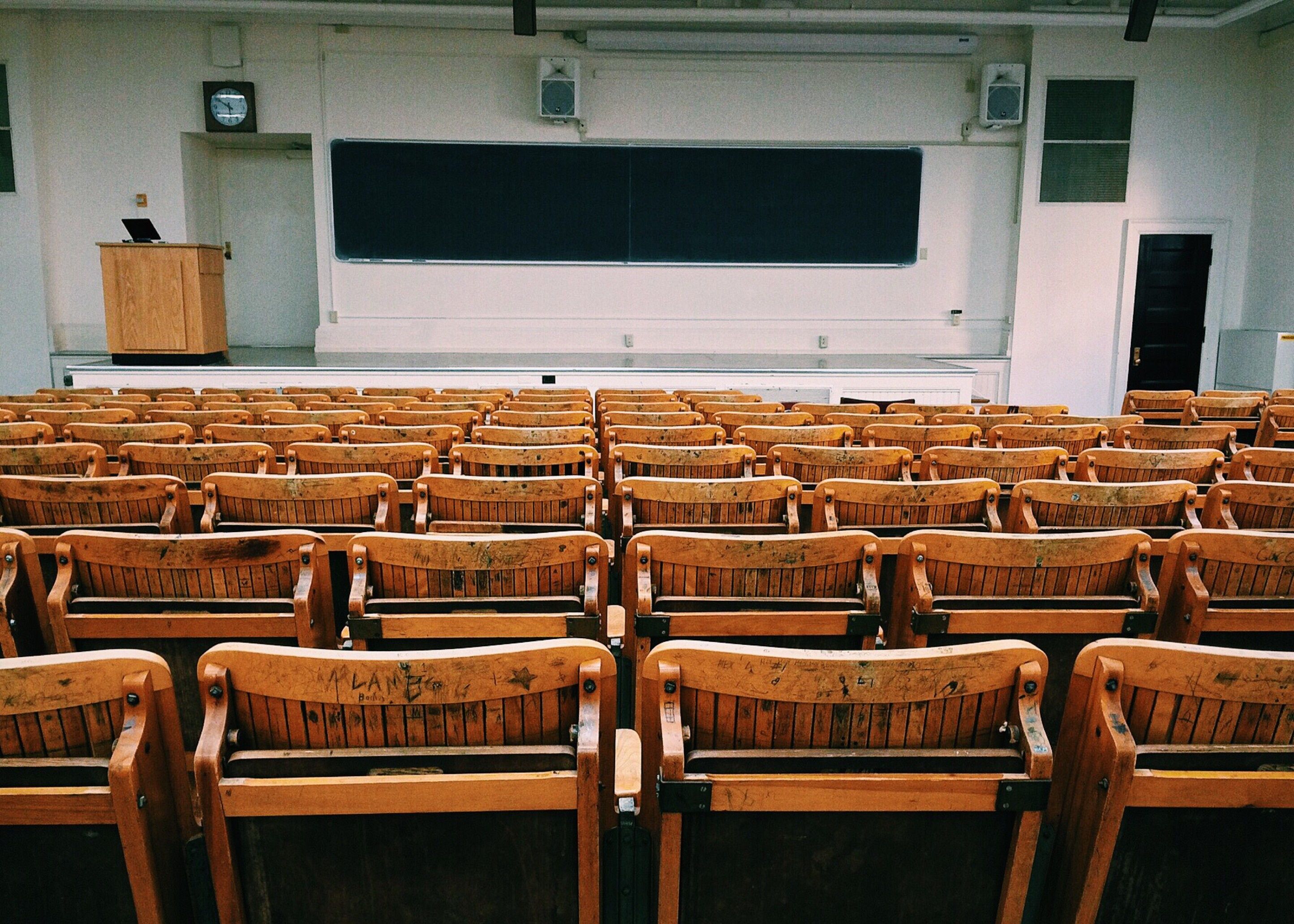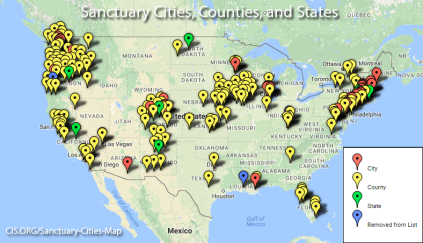
In response to president-elect Donald J. Trump’s promise of mass deportation, many colleges and universities across our nation have developed a plan to become “sanctuaries” for students that are undocumented, meaning that universities can limit their cooperation with federal authorities when asked to detain undocumented immigrants.
The question to whether higher education is a right or privilege is often a debate in which no right answer can be found, only a flurry of opinions and moral compasses. There is also absolutely no denying that the 2016 presidential election had a heavy focus on immigration regulations and one’s rights within our country if an individual is undocumented or is inside of our borders illegally. Our country’s current president-elect has stirred up fear in regards to both undocumented immigrants and their ability to achieve an education by promising that he plans to deport millions of undocumented people as soon as he becomes president.
“This country is filled with so many incredible opportunities,” senior education major Bryana Manning said, “and some of the smartest minds that reside here are undocumented. As an education major, I believe no one should be hindered or denied the blessing of an education, citizen or not.”
Immigration status is not taken into account when applying to most universities; there is a plethora of federal and state laws that both prevent and facilitate undocumented students’ access to higher education. In most states, students do not have to provide a social security number or share their immigration status when applying for a higher learning institution. One of these institutions happens to be Cabrini University, which is home to some students who are undocumented.
“I’m so proud to attend a school that supports education for not just some, but for all. An education gives us a bases for self-growth and teaches us how to achieve success in a country that prides itself on having an American dream,” Rita Alcarez, junior criminal justice major, said.
According to the National Conference of State Legislatures, in 20 states undocumented youth who graduate from high school within the state and meet other residency requirements, like having graduated from high school within the state, are eligible to pay in-state tuition in the state’s public universities. The availability of in-state tuition creates access for undocumented students by allowing their education to be more affordable and achievable. Although statistically, most undocumented students hail from low income households, they are not awarded any type of federal funding for their education such as Pell Grants and loans, making it extremely hard to afford to finish earning their degree.
Cities such as Oakland, San Francisco, Los Angeles, New York, Chicago and Washington, D.C. have remained strong when upholding their status as sanctuary cities, despite Trump’s threats to cut

their federal funding if they do not cooperate with the shutdown of sanctuary locations. As president, Trump could take away federal aid from states or even from universities that allow undocumented students. Despite these ultimatums, more universities are signing onto becoming sanctuaries.
“Earning a degree and truly heightening your knowledge is a challenge among no other. It’s a marathon, not a sprint,” senior education major Casey McCormick said. “I applaud anyone who works hard enough to better themselves. I personally believe that everyone is deserving and entitled to be able to have the opportunity to better themselves, and as a prosperous country, if an undocumented person strives to exert themselves to be better, we shouldn’t get in their way.”


